PM risks disaster in sliding doors moment
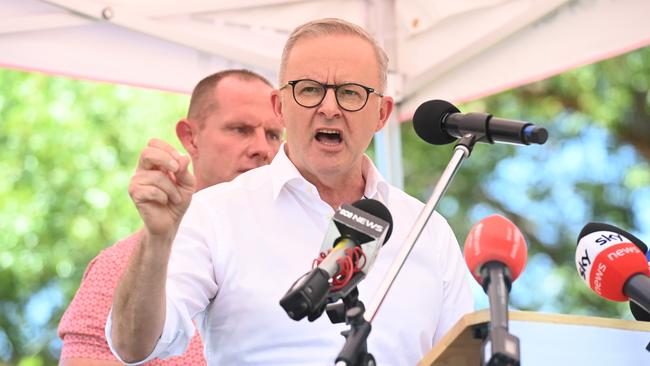
The voice, as recognised by Greg Sheridan on Tuesday, could be the political making of Albanese as a great reformer, akin to Hawke and Keating, but the corollary is also true. The rejection of the voice at a referendum would do profound damage, not least to the progress of reconciliation with First Nations people across the country.
In this struggle, Albanese is torn between wanting a page in history for himself and sharing the high responsibility of its delivery. He also now knows that including executive government is a risk for its ultimate success.
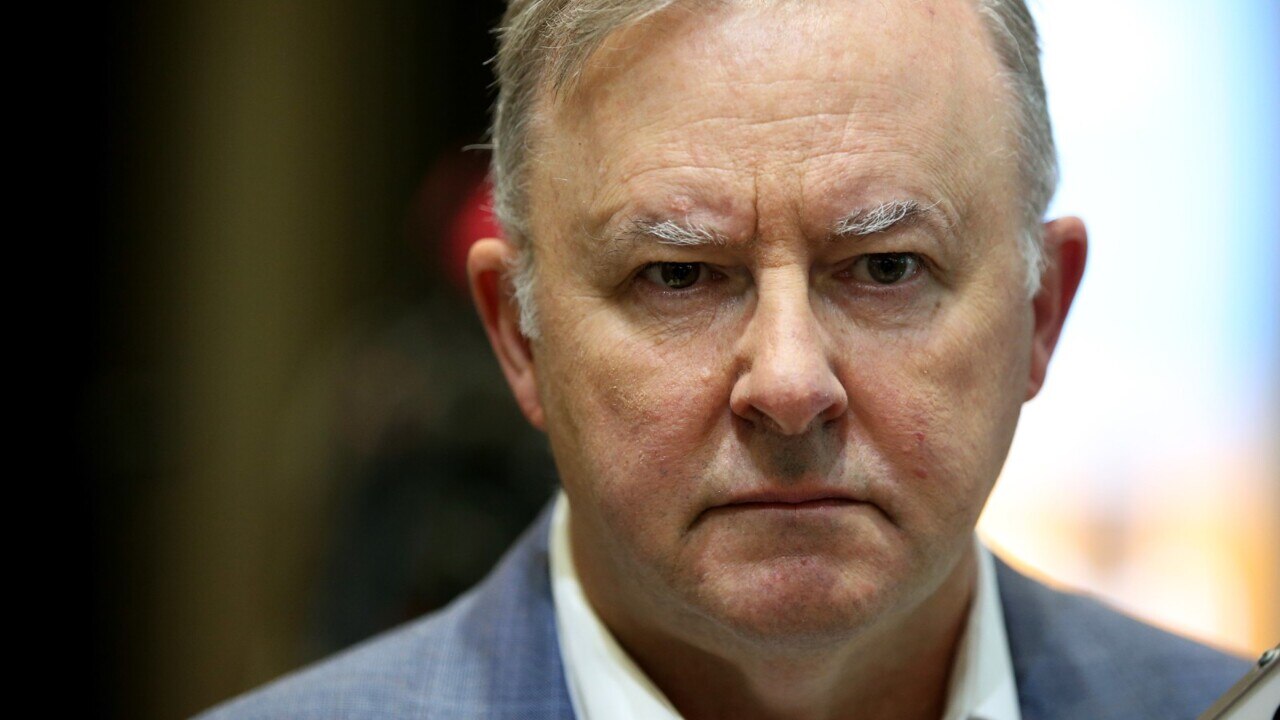
Last month, at the National Press Club, the PM presented himself as open to any necessary changes. He then had Attorney-General Mark Dreyfus go and “mansplain” it to the Referendum Working Group last week. He was quickly slapped down by Marcia Langton, but that hasn’t stopped the unedifying gagging of the Working Group’s final recommendation, so Dreyfus and his lawyers can’t be accused of not listening to their voice.
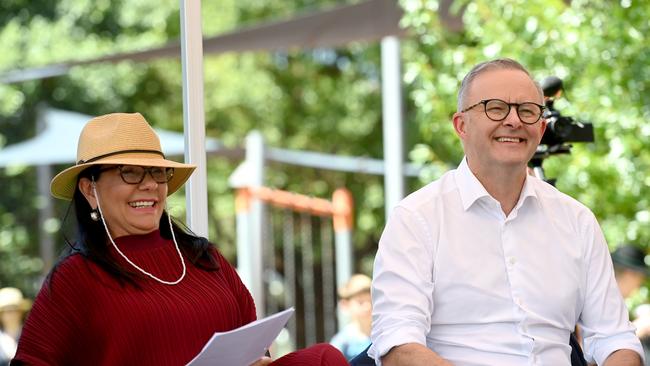
At the moment, Newspoll tracks a federal Labor government in good shape on two-party-preferred numbers. Albanese has returned triumphant from San Diego to a minefield of domestic problems. But I predict he will achieve a swing to Labor in the Aston by-election on April 1. The Liberals have backed in a future minister, Roshena Campbell, but she has to win first.
A victory for Labor in NSW this Saturday will all be down to Chris Minn’s discipline. In my view, he has run a strong campaign and left nothing on the field. He deserves to be the next premier of that state.
Both Labor victories would quickly be used by Albanese’s praetorian guard to vindicate broken election promises on superannuation, not cutting power bills by $275 and a continued strategy of identity politics and virtue-signalling over the voice. The wins would also be used to expand any “tax the rich” policies.
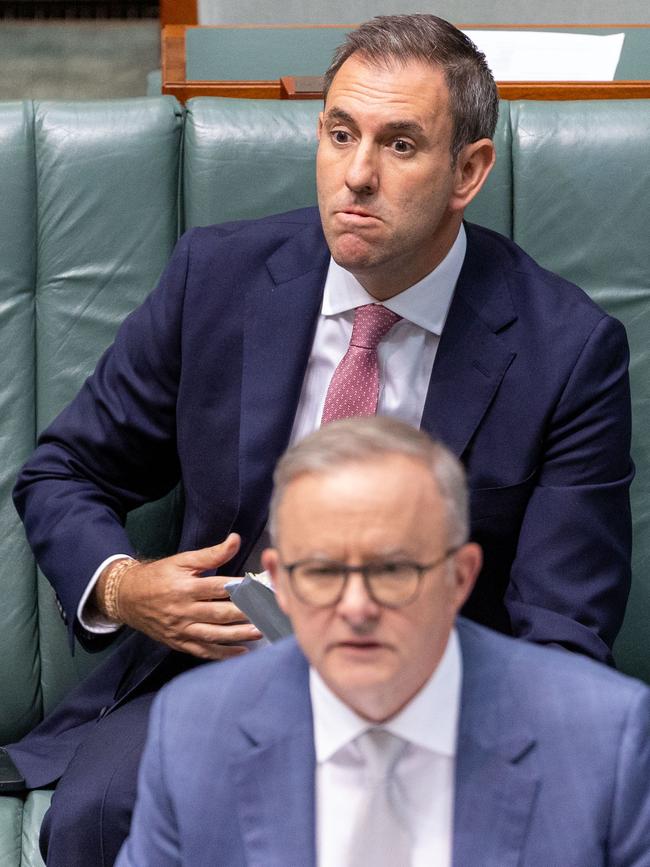
On the economy and cost of living, the young and ambitious Jim Chalmers is trying his hardest, but his relationship with a PM who has now reached the “legacy phase” of his career is being tested. His vitality and policy brilliance should already be driving lasting change. Instead, he confides to his supporters that he’s serving a PM more interested in driving Miss Daisy.
How the two navigate the inevitable stage three tax cuts “conversation” – which could be another broken Albanese promise – will be a “get out the popcorn” moment for Peter Dutton and Angus Taylor.
In the coming months everyone’s power bills will go up by 24 per cent. Cost of living continues to bite hard, all while a million Australian mortgages this year convert from fixed to full variable rates.
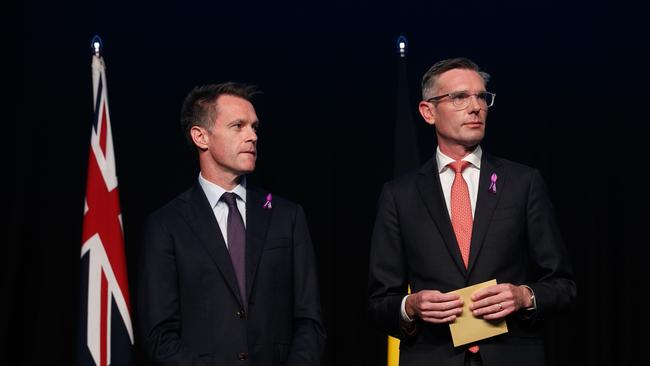
In my view, the PM’s sliding doors moment is coming at the halfway mark of his first term. If his luck continues, he’ll maintain the goodwill of a generous electorate, despite breaking promises about raising income taxes, changes to super, lower power bills and real wage increases. He’ll grind out a narrow Yes vote based on the “vibe” and a “trust me” on the detail.
The other door is that voters – now under huge financial strain – start to blame the government they previously trusted. Labor falls short of majority government in NSW and misses out on the seat of Aston a week later.
In this scenario, voters may react badly to more broken promises, and use the voice referendum to send the Albanese government a clear message.
The very real danger here is that the vote on the voice becomes a referendum on cost of living and broken promises.


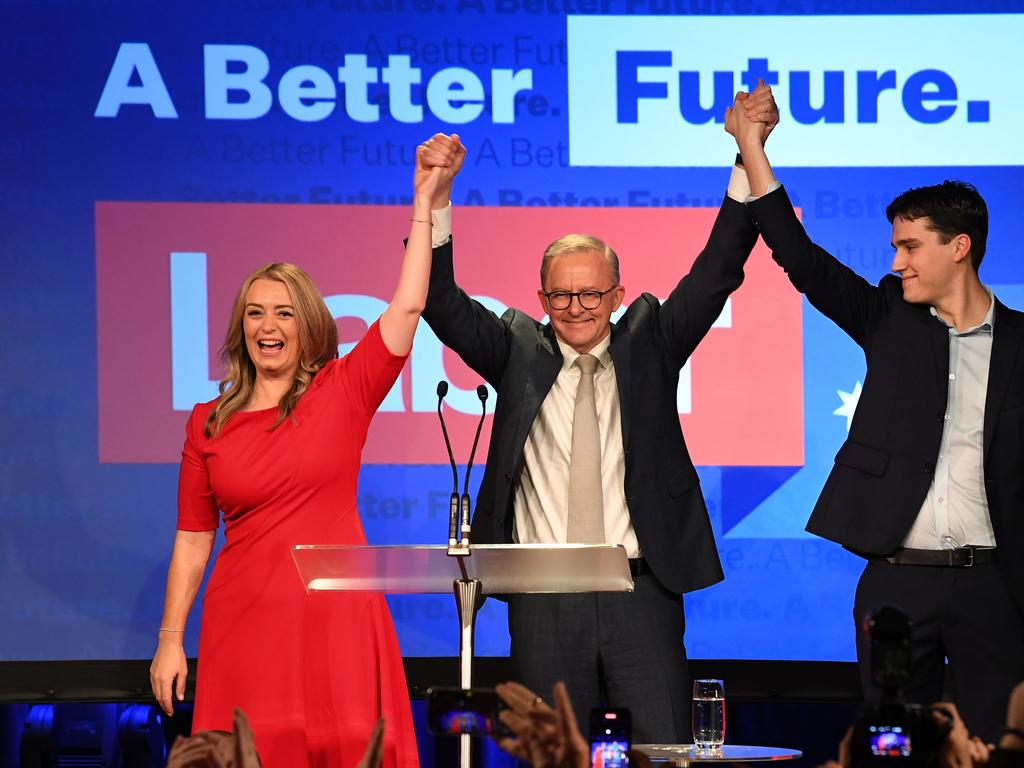
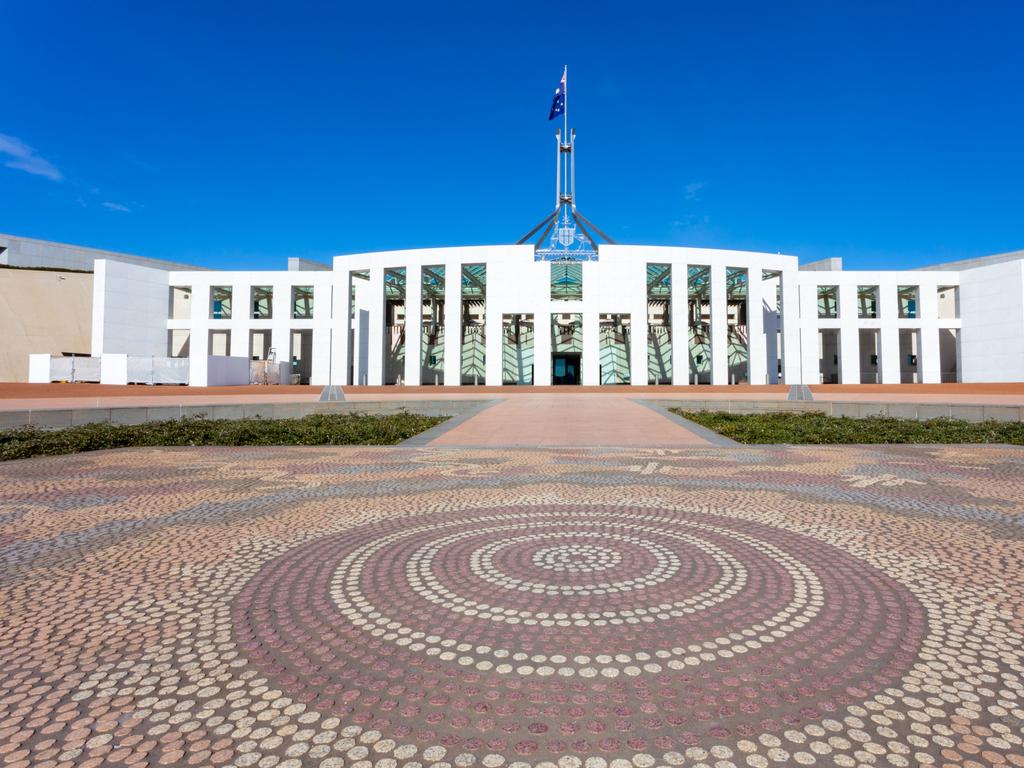



The Indigenous voice to parliament demands bipartisan support to pass, but Anthony Albanese has walked into a no-man’s land between voice absolutists and the voting public. This confrontation is just the beginning of his problems, as the PM’s leadership approaches a seminal moment less than a year after his election.